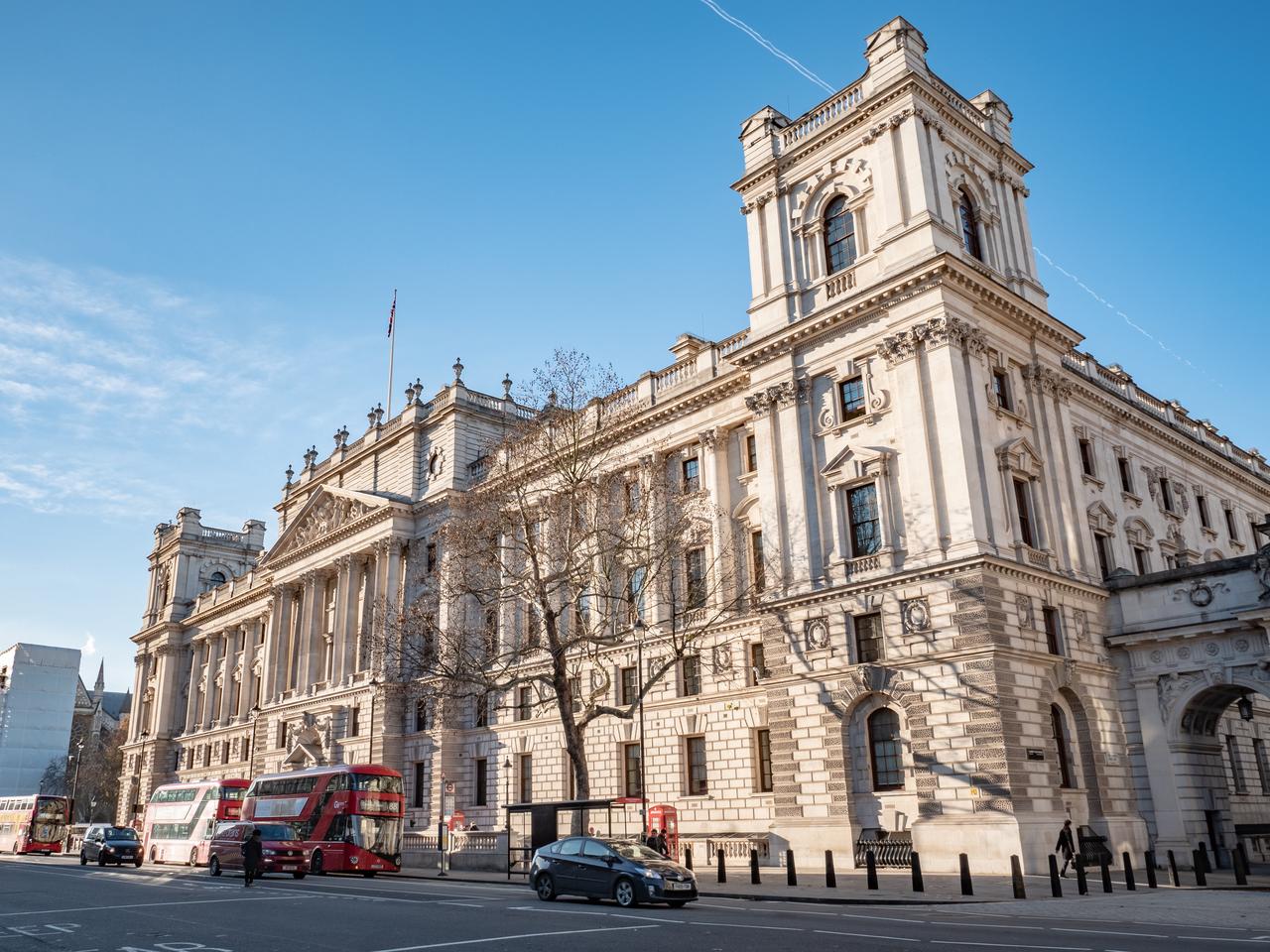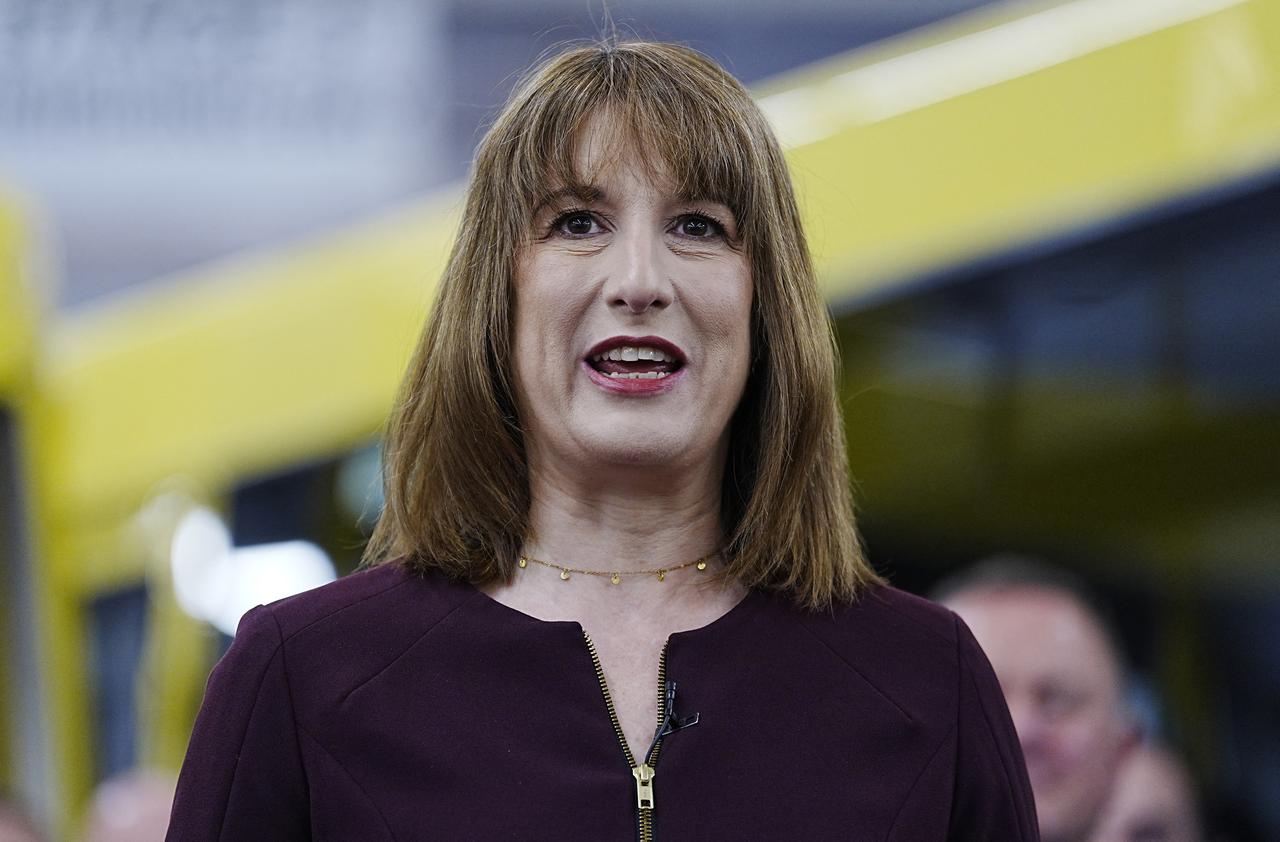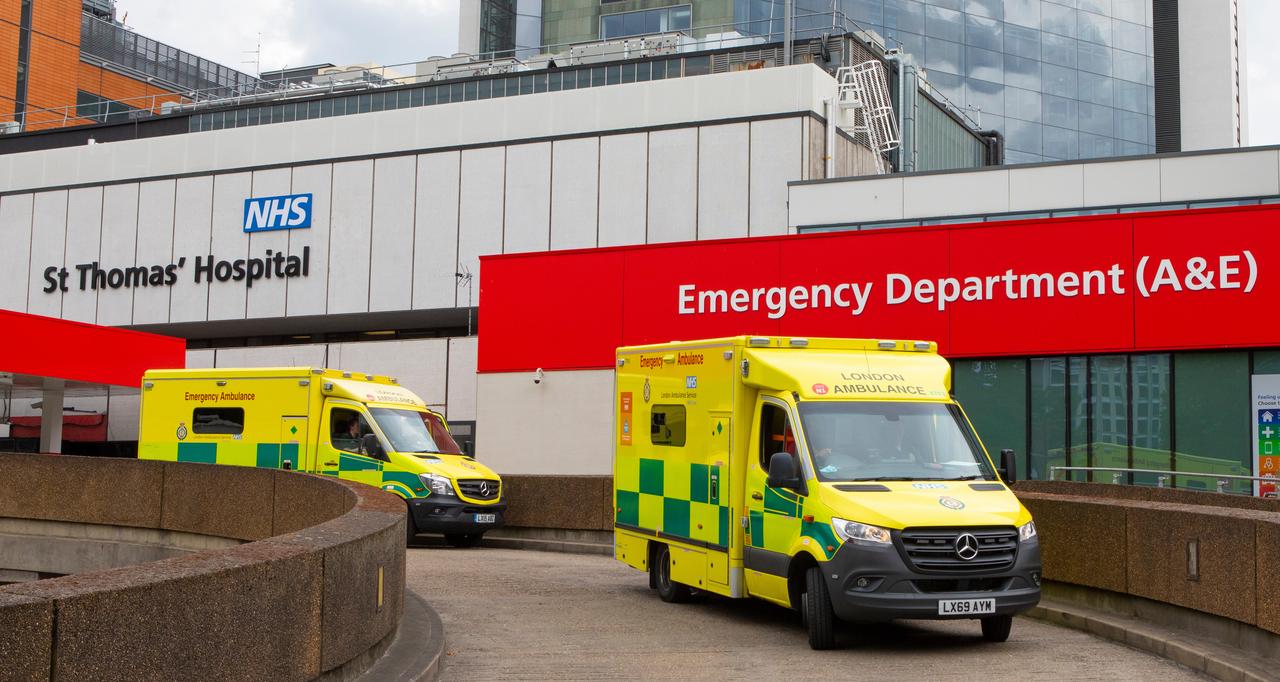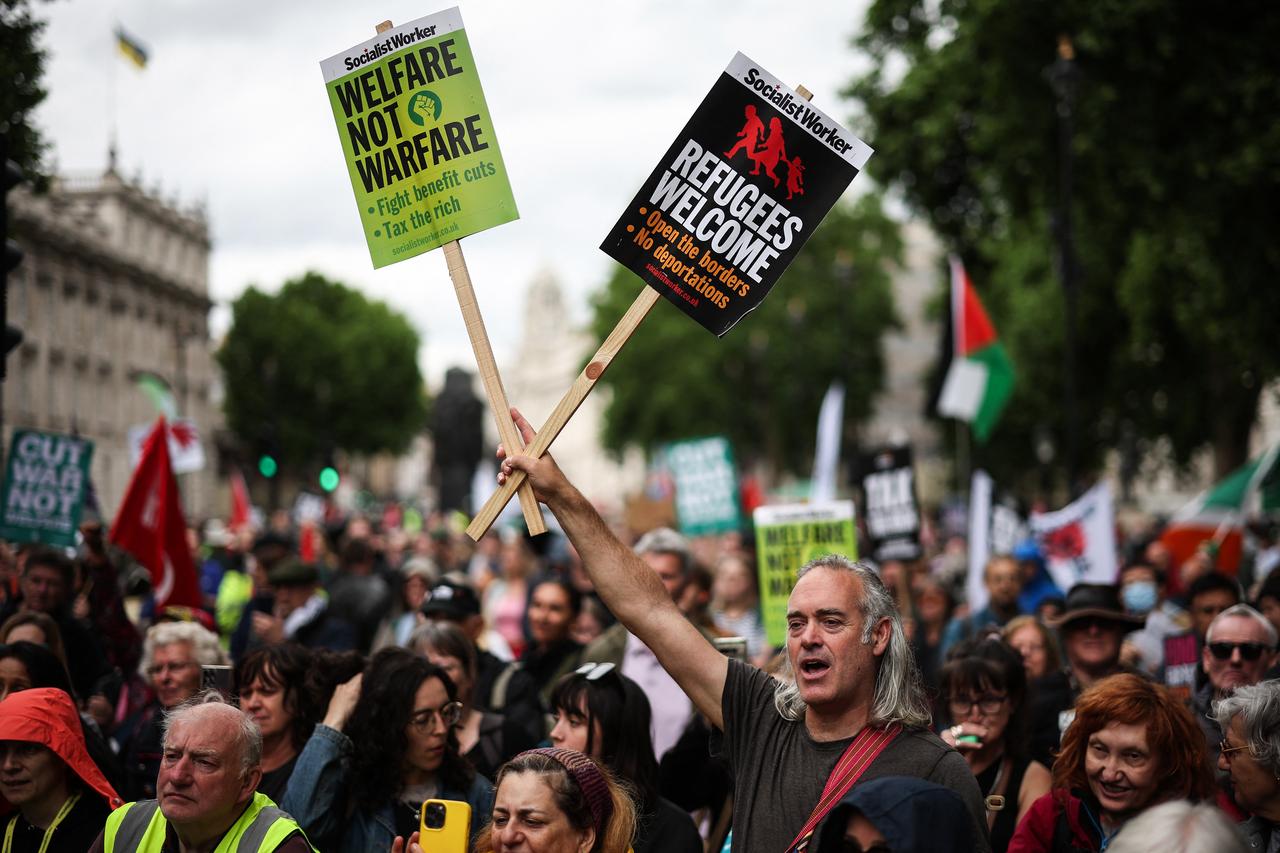
The UK government has announced an ambitious £86 billion ($116.36 billion) investment package focused on technology, life sciences, advanced manufacturing, and defense, aiming to drive innovation and revive economic momentum by 2030.
At the same time, it has proposed cuts to social spending in other areas as part of efforts to maintain fiscal discipline, sparking public backlash.
The plan comes just days before the government is due to present a comprehensive public spending review outlining its financial roadmap for the coming years.
The funding, part of a broader £113 billion investment strategy authorized by Finance Minister Rachel Reeves, is designed to support sectors viewed as critical to the country’s long-term health, security, and economic resilience. Reeves has also greenlit increased borrowing to finance the program, a move that departs from recent austerity measures amid persistent fiscal constraints.

According to official statements, the investment will enable the creation of “innovation clusters” across the UK, granting more autonomy to local government leaders to allocate funding based on regional priorities.
A significant portion of the funds is expected to go toward reinforcing the National Health Service (NHS), which has faced mounting pressure. Reports from British news outlet The Times suggest that Reeves is preparing to announce a separate funding boost of up to £30 billion for the NHS as part of the wider review.
The plan also includes a commitment to double investment in public transportation for urban areas in England, raising the total to over £15 billion by the end of the decade. This move signals a shift toward infrastructure development as a lever for economic growth and environmental sustainability.

The Ministry of Defence is anticipated to receive a budget increase when the full spending review is released on Wednesday.
However, the government has warned that other departments will face further reductions beyond those introduced in March. Cuts are expected to impact support for disabled individuals and general government operating expenses.
These austerity measures have triggered public backlash, with thousands gathering in central London over the weekend to protest the anticipated cuts.
Demonstrators carried signs calling for wealth redistribution and an end to what they described as misplaced spending priorities, chanting slogans like “Tax the rich, stop the cuts—welfare, not warfare.”

While the government aims to use the investment package to spur growth, economists warn that broader challenges—including a potential slowdown triggered by a trade conflict initiated by U.S. President Donald Trump—could undermine recovery efforts. Still, officials remain hopeful that targeted investments in high-growth sectors and increased regional autonomy will help counteract these external pressures.
The full scope of the U.K.’s economic strategy is expected to be detailed in Reeves’ spending review on Wednesday, which will offer a clearer picture of how the government plans to balance fiscal discipline with long-term investment.